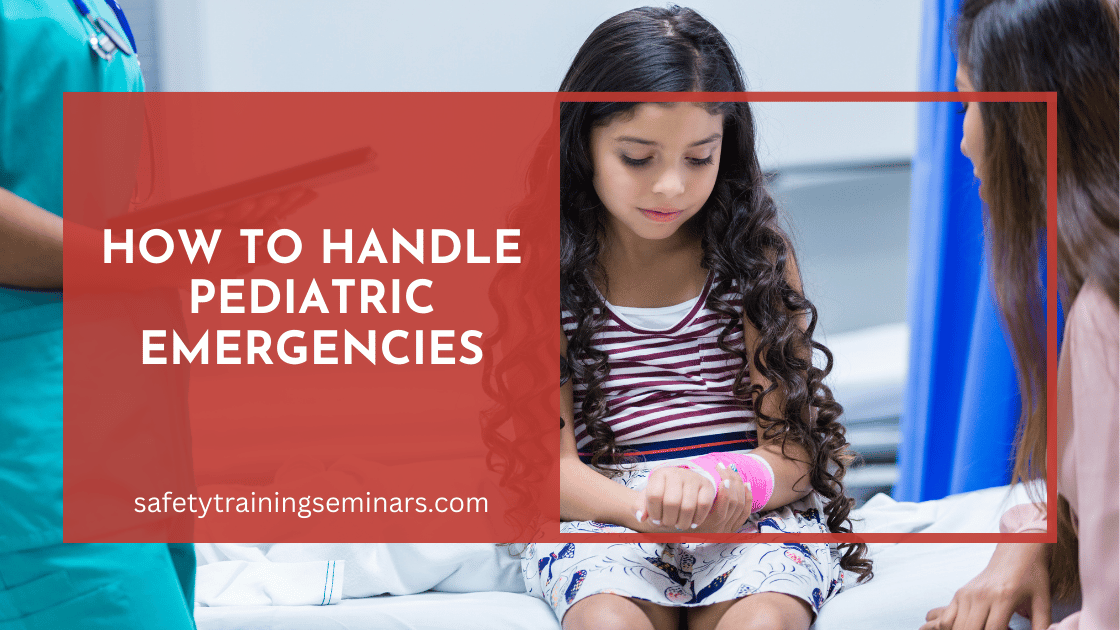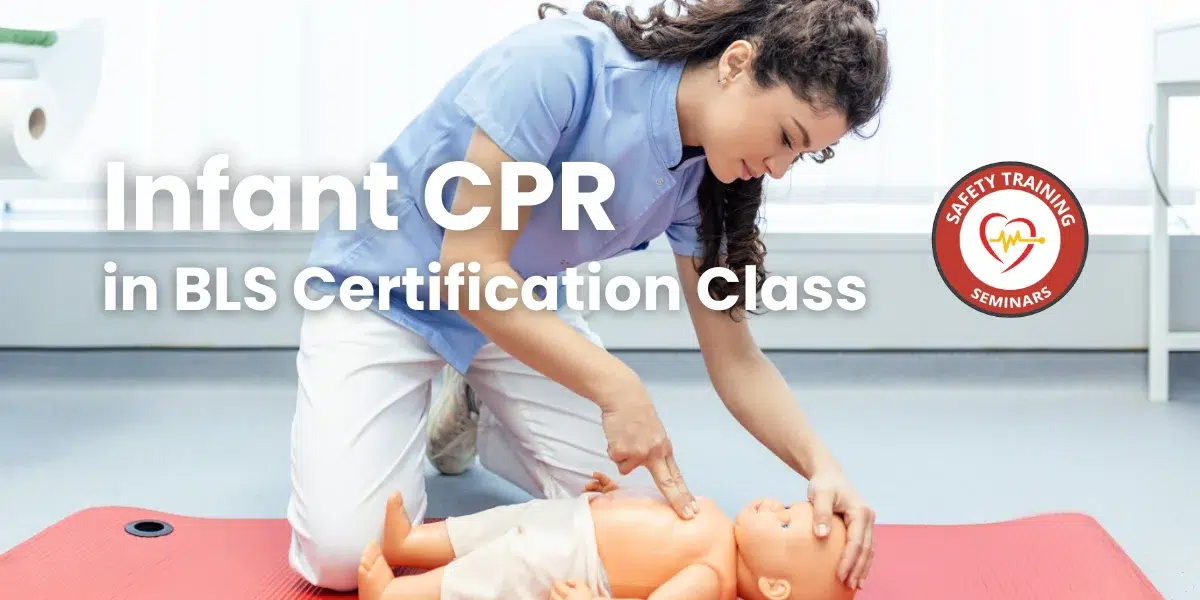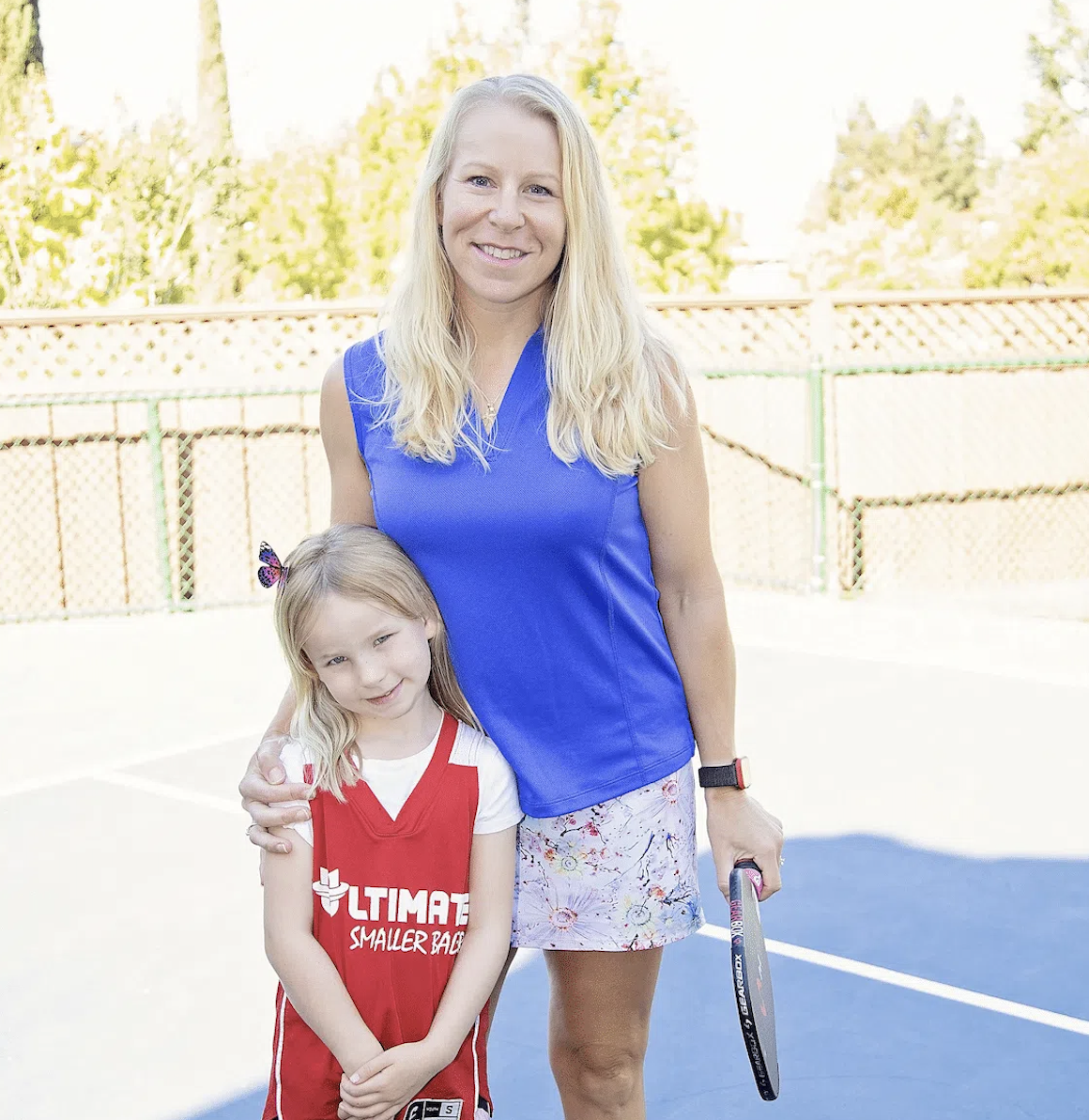When your child faces an emergency, every second counts. But here’s the reality: most parents freeze up when their child gets hurt or becomes seriously ill. We’ve seen this countless times at Safety Training Seminars over our 35 years of training families across California.
The good news? You can prepare for these moments. This guide will show you exactly how to handle emergencies involving children, from minor cuts to life-threatening situations. You’ll learn when to stay calm, how to communicate with scared kids, and most importantly, how to take the right action fast.
Why Children Need Different Emergency Care
Children aren’t just small adults. Their bodies respond differently to injuries and illnesses. A fever that seems mild in an adult can be dangerous for a toddler. A fall that bounces off a teenager might seriously hurt a preschooler.
Here’s what makes pediatric emergencies unique:
Physical differences matter. Children have faster heart rates, different breathing patterns, and smaller airways. Their bones are more flexible but their organs are more vulnerable.
Emotional responses are intense. Kids don’t understand what’s happening during emergencies. They feed off your energy. If you panic, they panic harder.
Communication barriers exist. Young children can’t always tell you where it hurts or what happened. You need to become a detective.
We train hundreds of parents and childcare providers every month. The families who handle emergencies best are those who prepare ahead of time.
Step 1: Ensure Safety First
Before you do anything else, remove yourself and your child from danger. This sounds obvious, but panic makes people forget basics.
Get out of harm’s way immediately. If there’s a fire, flood, or dangerous situation, move to safety first. You can’t help your child if you’re both in danger.
Check for ongoing threats. Look around. Are there electrical wires down? Is the building unstable? Are there other hazards?
Call 911 if needed. Don’t hesitate. Emergency responders would rather check a false alarm than miss a real emergency.
Step 2: Stay Calm and Assess
Your emotional state directly impacts your child’s fear level. Children mirror their caregivers’ reactions. If you’re calm, they feel safer.
Take a deep breath. This isn’t just feel-good advice. Deep breathing actually helps your brain think more clearly during stress.
Speak in a steady voice. Even if your heart is racing, keep your voice calm and controlled.
Quickly assess the situation. Is your child conscious? Are they breathing? Are they bleeding? Can they move?
This assessment helps you decide what to do next. Minor injuries need different care than life-threatening emergencies.
Step 3: Communicate Effectively with Your Child
How you talk to your child during an emergency affects their recovery. Use age-appropriate language and stay honest but reassuring.
For toddlers (ages 2-4): Use simple words. “You got hurt. I’m here to help you feel better.”
For school-age kids (ages 5-12): Give brief, clear explanations. “You fell and hurt your arm. We’re going to see the doctor to make sure it’s okay.”
For teens (ages 13+): Be more detailed but still reassuring. “You have a cut that needs stitches. It looks scary but it’s not dangerous.”
Never lie about what’s happening. Children sense dishonesty and it increases their anxiety.
Acknowledge their feelings. “I know you’re scared. It’s okay to feel scared when you’re hurt.”
Step 4: Provide Immediate Care
The care you provide depends on the type of emergency. Here are the most common situations parents face:
Cuts and Bleeding
Apply direct pressure with a clean cloth or bandage. Don’t remove the cloth if it gets soaked—add more layers on top.
Elevate the injured area above the heart if possible.
Call 911 if: The bleeding won’t stop after 10 minutes of direct pressure, the cut is deep, or you can see bone or fat.
Burns
Cool the burn with cool (not cold) water for 10-20 minutes.
Don’t use ice or butter. These can make burns worse.
Call 911 if: The burn is larger than the child’s palm, involves the face or genitals, or looks white or charred.
Choking
For babies under 1 year: Give 5 back blows between the shoulder blades, then 5 chest thrusts.
For children over 1 year: Use the Heimlich maneuver—upward thrusts just below the ribcage.
Call 911 immediately if the child can’t breathe or becomes unconscious.
Breathing Problems
Help your child sit upright in a comfortable position.
If they have an inhaler (for asthma), help them use it.
Call 911 if: Your child is struggling to breathe, turns blue, or can’t speak.
Unconsciousness
Check for breathing by looking at their chest and feeling for air from their nose or mouth.
If they’re not breathing, start CPR if you’re trained.
Call 911 immediately and stay on the line for instructions.
Step 5: Know When to Call for Help
Many parents wait too long to call 911 or go to the emergency room. When in doubt, call for help.
Always call 911 for:
- Difficulty breathing
- Unconsciousness
- Severe bleeding
- Suspected broken bones
- Head injuries
- Poisoning
- Severe burns
- Choking (if back blows and chest thrusts don’t work)
Go to the emergency room for:
- High fever (over 102°F in children, over 100.4°F in babies under 3 months)
- Severe pain
- Signs of infection (red streaks, pus, fever)
- Vomiting that won’t stop
- Severe allergic reactions
Call your pediatrician for:
- Minor cuts that might need stitches
- Mild burns
- Concerns about symptoms
- Questions about medication
Step 6: Provide Comfort and Support
While waiting for help or after providing initial care, focus on comforting your child.
Offer physical comfort like hugs, holding hands, or gentle stroking (if it doesn’t worsen injuries).
Maintain familiar routines when possible. Sing their favorite song or tell a familiar story.
Stay with them. Don’t leave your child alone during or after an emergency.
Distract them appropriately. For minor injuries, distraction can help. For serious situations, focus on comfort instead.
Step 7: Prepare for Future Emergencies
The best time to prepare for emergencies is before they happen. Here’s how we recommend families get ready:
Create a Family Emergency Plan
Know your nearest hospital and urgent care locations.
Keep emergency numbers handy: 911, poison control (1-800-222-1222), your pediatrician, and a trusted family member.
Identify meeting places if you need to evacuate your home.
Practice your plan with your children so they know what to do.
Build a First Aid Kit
Keep these supplies in an easy-to-reach place:
- Sterile gauze and bandages
- Adhesive tape
- Antiseptic wipes
- Thermometer
- Children’s pain reliever
- Emergency contact information
- Any prescription medications
Learn Life-Saving Skills
This is where proper training becomes crucial. Reading about emergencies isn’t the same as knowing how to respond when they happen.
Pediatric CPR & First-aid training teaches you how to keep blood flowing to vital organs when a child’s heart stops.
EMSA Childcare Health and Safety classes cover wound care, burns, choking, and other common emergencies.
Hands-on practice builds the muscle memory you need during high-stress situations.
At Safety Training Seminars, we’ve trained over 100,000 parents and childcare providers since 1989. Our Pediatric CPR & First Aid classes focus specifically on children’s needs. You’ll practice on infant and child manikins, not adult ones.
Common Mistakes Parents Make
We’ve seen these mistakes repeatedly in our training sessions:
Panicking and forgetting basics. Take a breath first. Your calm presence helps your child stay calm.
Waiting too long to call for help. Emergency responders would rather check a false alarm than miss a real emergency.
Moving injured children unnecessarily. Unless they’re in immediate danger, avoid moving a child who might have spinal injuries.
Giving medications without knowing the cause. Don’t give aspirin to children or fever reducers if you suspect heat exhaustion.
Leaving the child alone. Even for “just a minute” to get supplies. Stay with them or bring them with you.
Building Your Confidence Through Training
Knowledge reduces fear. When you know what to do, you’re more likely to act quickly and appropriately.
Our Pediatric CPR & First Aid courses cover everything in this guide—and more. You’ll learn:
- How to recognize pediatric emergencies
- Proper CPR techniques for infants and children
- How to use an AED on children
- Choking rescue for different ages
- Wound care and bleeding control
- When to call 911 vs. going to urgent care
The American Heart Association certification you receive is valid for two years. But the confidence you gain lasts much longer.
Your Next Steps
Emergencies involving children are scary. But with preparation and training, you can respond effectively when your child needs you most.
Start with your emergency plan. Identify your nearest hospital and gather emergency contacts.
Build your first aid kit. Keep it stocked and easily accessible.
Get trained. Our Pediatric CPR & First Aid and EMSA Childcare Health and Safety classes give you hands-on experience with real scenarios.
We offer classes every day of the week, including weekends and evenings, at over 70 locations throughout California. Our instructors are experienced professionals who understand that learning these skills can feel overwhelming.
Ready to build your confidence? Check our class schedule and find a location near you. Your child’s safety is worth the investment in proper training.
Remember: The best emergency response is the one you’re prepared to give. Take action today so you’re ready when it matters most.
If you’re looking to refresh your skills, BLS CPR Classes in Daly City provide an excellent opportunity to stay current with the latest resuscitation techniques. For those across the region, RQI Classes in Northern California offer innovative, high-quality CPR training designed to improve outcomes through continuous learning.




